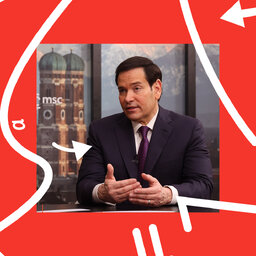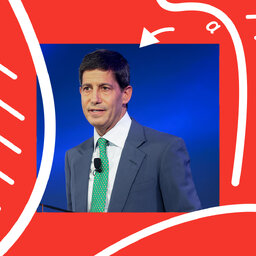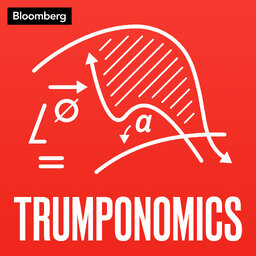“We, the left, have messed up,” said Yanis Varoufakis, the former Greek finance minister who came to fame negotiating on behalf of the Greek government during the country’s 2015 debt crisis. “We’ve tried, we’ve been tested and we failed our test.”
Varoufakis joins this week’s Voternomics podcast, in which hosts Allegra Stratton, Stephanie Flanders and Adrian Wooldridge take a closer look at the rise of far-right populism in Europe and the retreat of left-wing progressivism. Francesco Giubilei, author of The History of European Conservative Thought and president of the conservative foundation Fondazione Tatarella, also joins this week’s episode to discuss the success of Italian Prime Minister Giorgia Meloni.
In 1 playlist(s)
Trumponomics
Tariffs, crypto, deregulation, tax cuts, protectionism, are just some of the things back on the tabl…Social links
Follow podcast
Recent clips

Trump’s Rosy Economic Message Faces a Reality Check
30:53

What Munich Means for the Shifting Global Order
28:47

Understanding Kevin Warsh's Plan for the Fed
31:28
 Trumponomics
Trumponomics